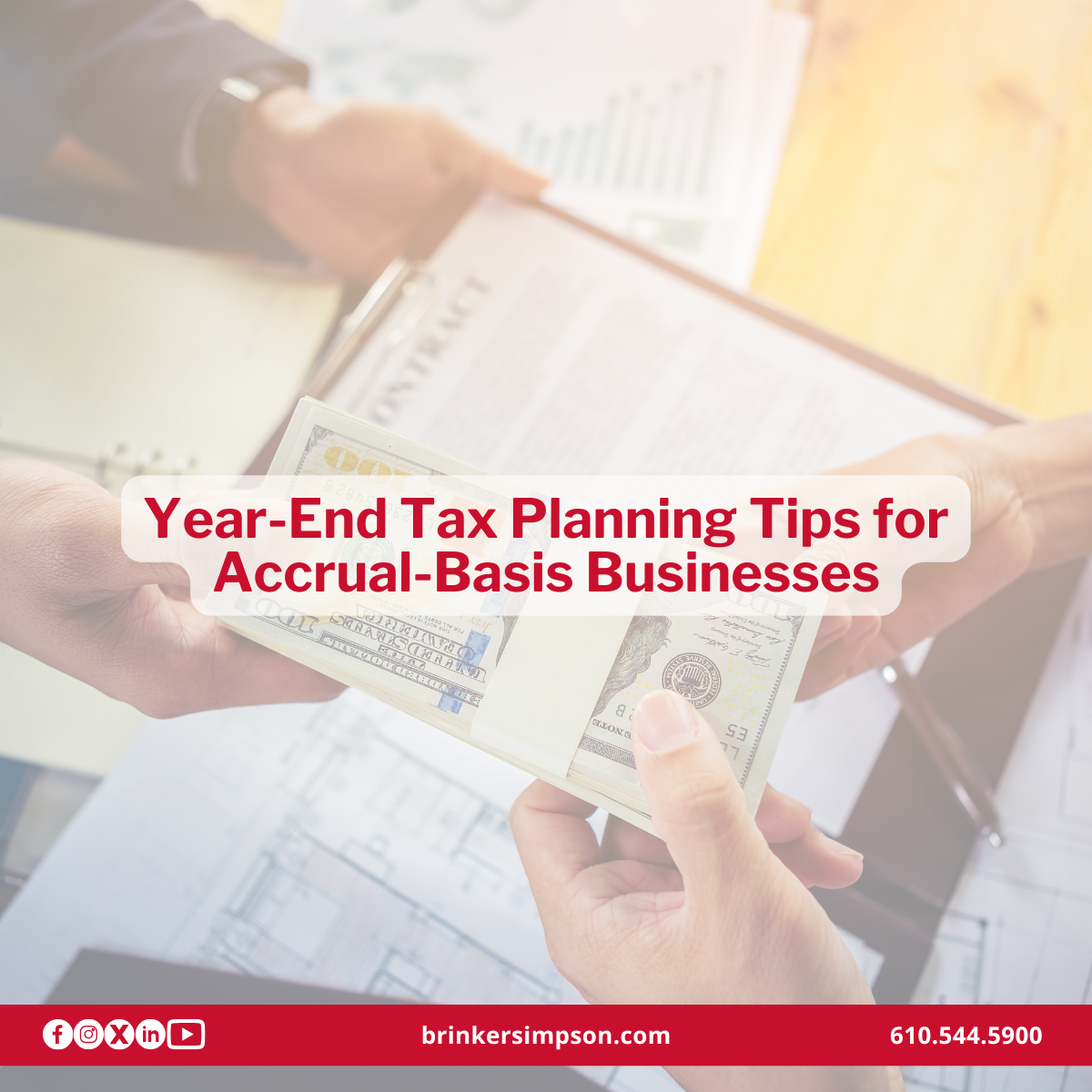Do you own cryptocurrency? Taxes aren’t the first thing most investors consider when jumping into the world of Bitcoin and other digital assets. However, the IRS is cracking down with a new program, Operation Hidden Treasure, to catch crypto tax evaders.
Taxation of Cryptocurrency
In Notice 2014-21, the IRS clarified that cryptocurrencies should be treated as property (not currency) for federal tax purposes. As such, the taxation is similar to stocks traded on a brokerage. The difference is that the wash sale rule does not apply currently (BBB provision includes cryptocurrencies in wash sale rules applicable after December 31, 2021). Most taxpayers realize a capital gain or loss on the sale or exchange of cryptocurrency. How much you owe in capital gains taxes depends on whether you’ve held your crypto for less than a year or more than one year. Certain specified taxpayers (such as dealers or brokers of crypto) realize ordinary income or loss on the sale or exchange of cryptocurrency. Ordinary income is also reported if you mine cryptocurrency based on the fair market value (FMV).
What’s Taxable
- Selling crypto for cash
- Paying for goods or services in crypto
- Buying one crypto with another crypto
- Receiving mined crypto
- Being paid in crypto or by airdrop
- Receiving crypto rewards
What’s Not Taxable
- Donating crypto to qualified tax-exempt charity or non-profit
- Buying crypto with cash and holding it
- Transferring crypto between wallets
Taxation of Non-Fungible Tokens (NFTs)
NFTs are likely treated as “collectibles” under tax code Section 408(m)(2). Although the IRS has not issued any NFT specific tax guidance yet, according to Section 408(m)(2)(A) “any work of art” is considered a collectible.
Creators encounter a taxable event when they sell the NFTs they create or mint. The proceeds are subject to ordinary income taxes and subject to self-employment taxes.
Investors are subject to capital gains and losses like those for cryptocurrency trading. NFTs are often purchased using cryptocurrencies. For example, purchasing an NFT using Ethereum triggers a taxable event because you are disposing of a cryptocurrency, which is treated as a property per IRS Notice 2014-21.
How to file your Crypto Taxes
It is never too early to get organized with your crypto investments. The 2021 Draft 1040 has revised the virtual currency question hinting that you should only check Yes if your crypto transactions are considered taxable. It now reads, "At any time during 2021, did you receive, sell, exchange, or otherwise dispose of any financial interest in virtual currency?" Therefore, you would not check Yes if you were merely holding cryptocurrency in a wallet or account.
Keeping records of all transactions is extremely important. It is the investor's responsibility to keep track of all your potentially taxable activities. You must keep track of how much you paid for the crypto (cost basis), how long you held it for, and how much you sold it for (fair market value), as well as the receipts for each transaction.
IRS Form 8949 is used to reconcile your capital gains and losses, and then they are reported on Form 1040, Schedule D. The IRS’ website has additional information and tools to help determine your crypto-related tax liability.
Cryptocurrency Reporting
At this time, cryptocurrency brokers are not required to issue 1099 forms to clients therefore cryptocurrency exchanges and brokers have applied inconsistent approaches when reporting cryptocurrency transactions that take place on their platforms.
- Filing Form 1099-B to report details of cryptocurrency transactions, much like how stock transactions are reported.
- Filing Form 1099-K, which only discloses the gross amount of payments, many times leaving out the cost basis; or
- Doing nothing as far as reporting cryptocurrency transactions, asserting that none of the current tax reporting requirements apply to them.
The Infrastructure Bill and Cryptocurrency
A controversial section of the Infrastructure Bill includes proposed changes below:
- Anyone (for consideration) who regularly effectuates cryptocurrency transactions on behalf of another person could be a “broker”.
- Cryptocurrency to be treated as covered security subject to 1099-B reporting.
- Exchanges must share cost basis information during transfers.
- Businesses accepting cryptocurrency in excess of $10,000 must report.
- Effective date: 2023 tax year



